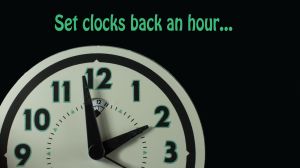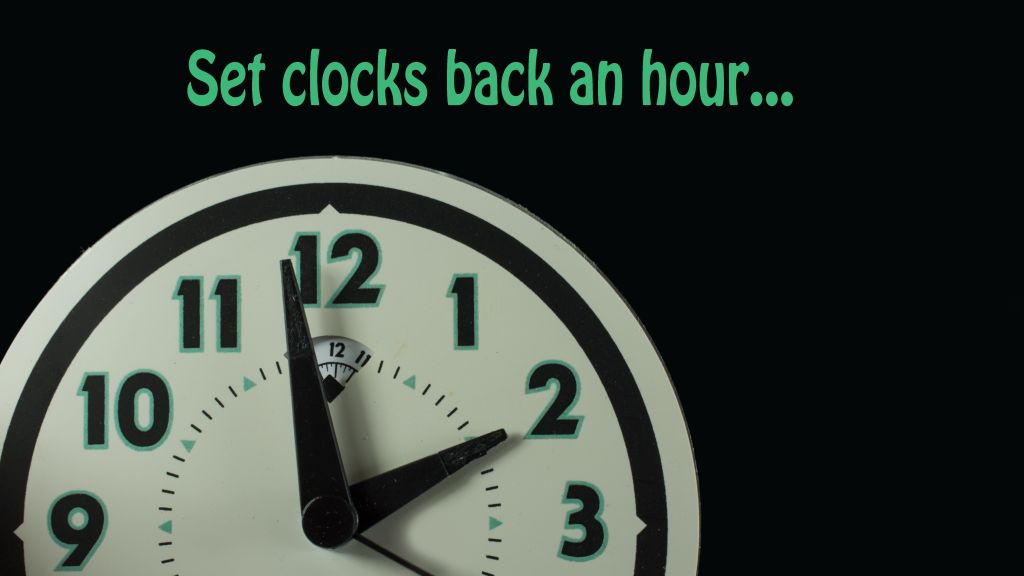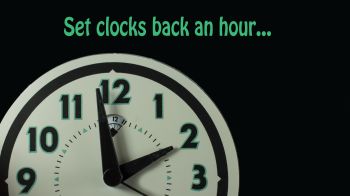
Source: Richard Goerg / Getty
Don’t forget to turn your clocks back one hour as daylight savings time officially ends and standard time kicks in at 2 a.m. on Sunday morning. Here is a suggestion turn your clocks back one hour before bed.
Some doctors have said the transition is much easier on your system during the fall and that extra hour of sleep you get in the morning is an added benefit. “This is because our basic circadian rhythm (the ‘body clock’) actually seems to be programmed for a longer than 24 hour day. It runs a little slow,” Dr. Steven Feinsilver, director of the Center for Sleep Medicine at Mount Sinai School of Medicine in New York, told ABC News.
However, some researchers argue that the stress of the time change in the spring can actually be harmful to your health, diminishing your quality of sleep and causing other problems. In a 2008 report published in the New England Journal of Medicine, Swedish researchers reported that the number of heart attacks jumped during the period immediately following time changes and warned that anyone vulnerable to sleep deprivation should be extra cautious.
Governments first implemented daylight savings time during World War I and II to save energy for the war effort. Daylight savings in the United States ran from April until mid-October until 2007, when congress adjusted it to begin three weeks earlier and end one week later. Congress hoped the move would save energy costs, but some critics contested it would cause issues for airlines and even dairy farmers, who said the schedule changes disorient their cows.

















